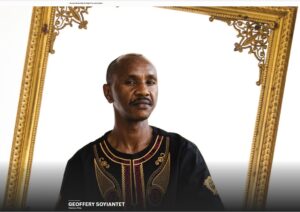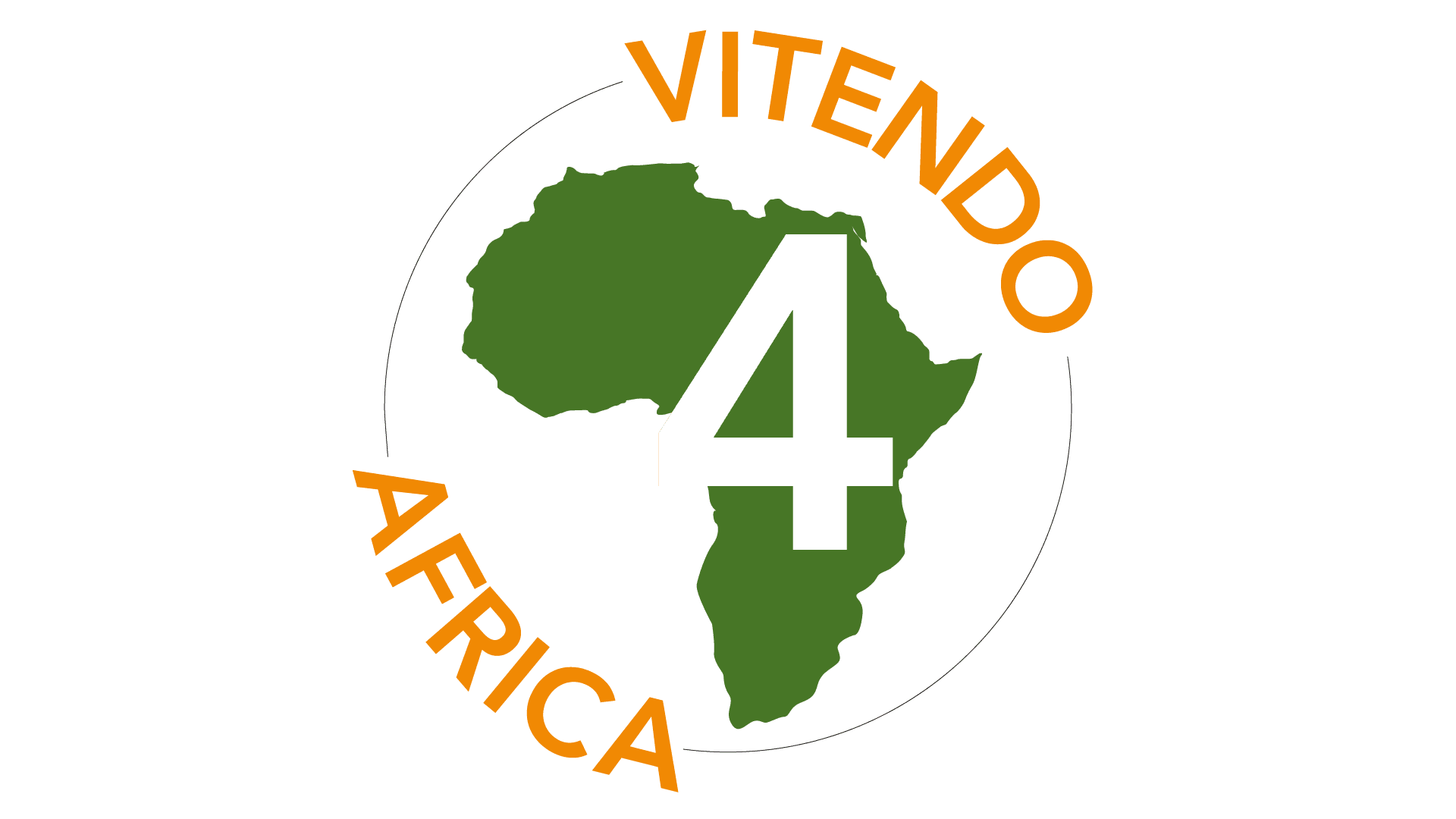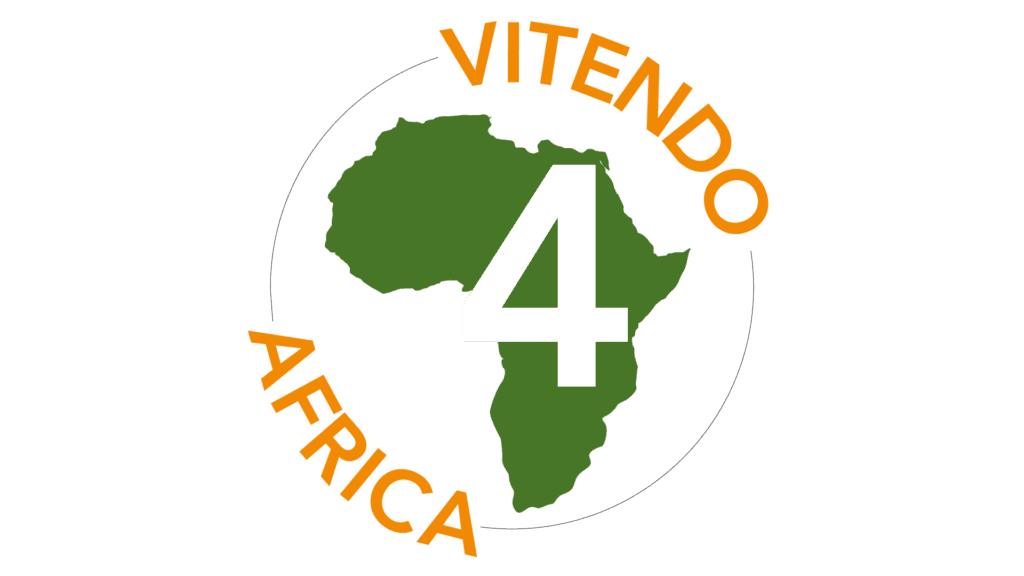
Soyiantet eventually got settled and obtained an MBA from Lindenwood University while working as a housekeeper at a Holiday Inn and washing dishes at a Hilton hotel. In 2008, he founded Vitendo 4 Africa, a nonprofit with programs and resources for African immigrants like himself. The organization provides programs on practical life skills, financial literacy, homeownership, business startups and health access, among other things.
Since its launch, Vitendo 4 Africa has impacted over 22,000 immigrants and refugees in the St. Louis area. The organization has three staff members and more than 40 volunteers.
What are you doing to help make St. Louis a more diverse, equitable and inclusive community? Vitendo4Africa provides a forum for discussion of common issues, aspirations, and solutions for the advancement of individuals and groups from the African immigrant community in Missouri. Vitendo 4 Africa exists to provide immigrant and refugee families with direct services and interconnected resources to improve their quality of life. We work with community leaders to promote unity and community integration with other communities in the region. We are partnering with The Links Inc. Missouri chapter and Delta Sigma Theta Sorority to address misconceptions between African immigrants and African Americans. We host a Building Momentum Speakers Series to provide a platform for immigrants to share their own stories to facilitate community support and empowerment. Our youth workforce development programs help with trade skills that connect them with higher-paying jobs. Our college readiness program helps our youth enroll for professional careers in college and position them for scholarship opportunities. Through our partners, youth have access to internships and skilled employment opportunities.
What inspired you to tackle these issues? In the last decade, the population of African immigrants and refugees in St. Louis has more than doubled. The African immigrant community contributes significantly to the general economic growth of our region. Unfortunately, some individuals believe African immigrants come to take away resources. Thus, there was and is a great need to educate the local community about immigrant contributions through allowing immigrants to share their stories regarding their unique journeys.
What would you like to do next in regard to your DEI work? We prioritize providing cultural competence training to local staff in health care, financial institutions, local government and corporations. We will expand programs to help African youth and new immigrants develop essential skills needed to succeed in the workforce. This includes technology, construction and skilled trade careers. We are expanding our STEM program to help our students develop an interest in STEM subjects from as early as middle school and elementary education. V4A is and will continue to grow in our leadership and involvement in diversity and inclusion advocacy. We will continue to host workshops and training to educate the community about their rights and share available resources in the community. Furthermore, we will continue to grow in educating the community on ways to foster a more equitable, inclusive and culturally competent space for community members to thrive.
What is the biggest challenge for the St. Louis region when it comes to DEI efforts? Though there has been great progress on diversity and inclusion awareness, racial inequality still remains a big challenge in our region. The deep roots of structural racism contribute to unequal income, employment and housing and poorer health outcomes for Black people relative to white people.
What can others in the region do to tackle these issues? If organizations and communities work together, we have the collective power to address many economic inequalities in our region. Partnership and collaborations between service providers, funders, and local corporations need to be encouraged to avoid effort duplications and waste of resources.
Source: St . Louis Business Journal.



